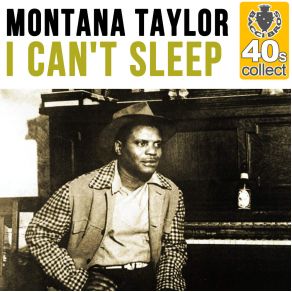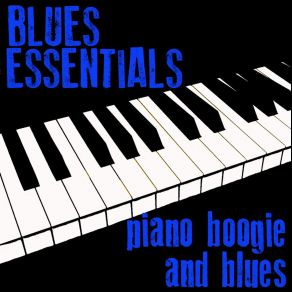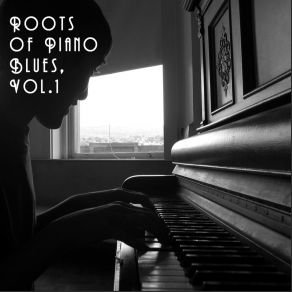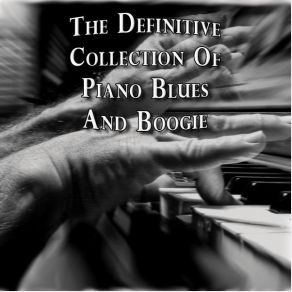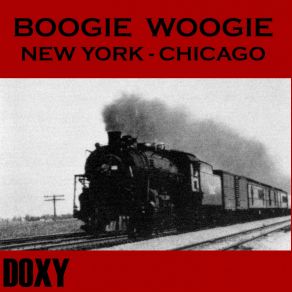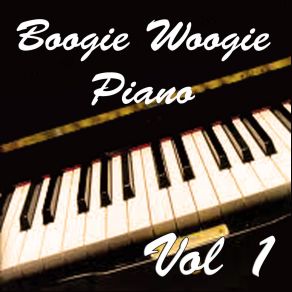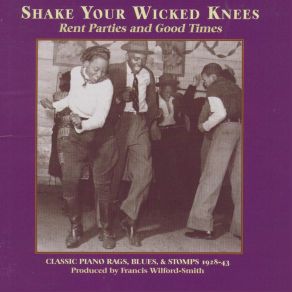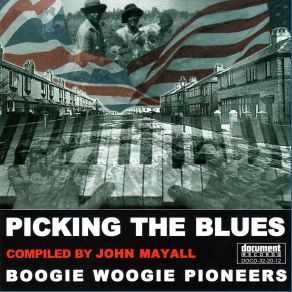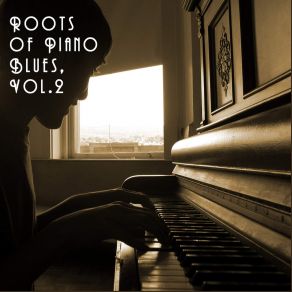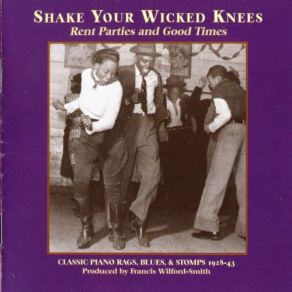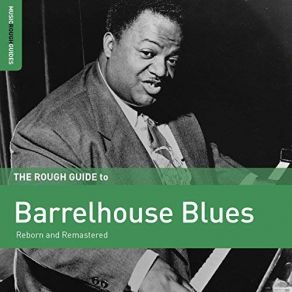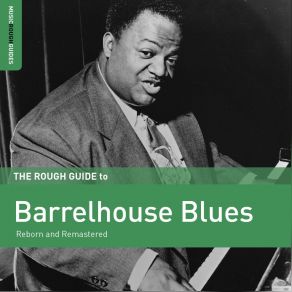Montana Taylor
Wikimp3 information about the music of Montana Taylor. On our website we have 7 albums and 25 collections of artist Montana Taylor. You can find useful information and download songs of this artist. We also know that Montana Taylor represents Blues genres.
Biography
[Edit]Listeners who have ducked the flying chairs in a typical Hollywood saloon scene of the Old West should have a pretty good idea what the atmosphere of such a place was like. The pianists that played music for the clientele of these venues became known as barrelhouse pianists, the style of music also called barrelhouse to perhaps associate it from its close relative boogie-woogie. The latter style at least suggests the merest hint of politeness, while in barrelhouse the overall idea is that all hell will be breaking loose, the music expected to compete with all manner of saloon noise, sometimes including rip-roaring fights. To be able to play "lowdown" is the ultimate compliment for such a player, perhaps one of the clearest cases in music of what bandleader, composer, and musical scholar Col. Bruce Hampton has established as a cardinal rule of making good music: to go "lower."
Born Arthur Taylor, but of no relation to the stylish bebop drummer of the same name, Montana Taylor picked up his nickname as a tribute to his home; and perhaps it was above all an attempt to balance out the high altitude of Montana with the low attitude of Taylor the musician. He is considered the lowest of the low in terms of barrelhouse playing, with fans of boogie-woogie sometimes claiming that nobody could play the barrelhouse style with quite the authority of this artist. It can certainly be said without the slightest indecision that he is the finest blues pianist, and possibly even the best blues artist in general, from the state of Montana, since there hardly seem to be any others. Taylor himself seemed to be in a big hurry to get out of Montana as well, nicknames aside. He was raised in Indianapolis, where he learned piano around 1919. Coffeeshops, nightclubs, and rent parties were the gig possibilities, and he dove into this world with the fingers of both hands flying, moving on to Chicago where he cut two 78s for Vocalion in 1929. It can't be said to be a recording debut that went without a hitch, as one of the sides was rendered a dismal mess by a vocal outfit known as the Jazoo Boys. The pianist did everything he could to make up for this group's almost complete lack of talent, demonstrating a pounding, rhythmically invigorating style with traces of the melodic sweetness that later prompted comparisons between one of his solos and the Moonlight Sonata of Beethoven.
Eventually, Taylor halted his piano playing, and the story is that he did it because he was discouraged by the absence of royalties. A glance at his discography confirms the fact that somebody along the way lost control of these recordings and whatever legal publishing copyright status they might have had. Like some of his contemporaries such as Cripple Clarence Lofton or Romeo Nelson, the Montana pianist would have been even more discouraged had he realized what would be the eventual disposition of his masterworks. These early recordings have basically been fair game for a variety of small-label enterprises, appearing on several dozen different piano anthologies originating in Austria, Japan, France, England, and the United States.
Located by jazz fans in 1946, Taylor created a new series of recordings in which he proved the recording hiatus had robbed of him of none of his instrumental abilities, either as a soloist or as an accompanist to Bertha Chippie Hill. He also had grown as a singer by the time of these later recordings, performing effectively on ballads such as the marvelous "I Can't Sleep." This comeback was apparently just as discouraging as his first run at a career had been, and Taylor dropped out of sight again, never to be found again. The quality of his performances has led to honors above and beyond that of almost setting a record for being ripped off. No more important a blues fan than the Rolling Stones' Bill Wyman picked a Taylor recording as one of the blues tracks that most influenced him to become a musician, part of Wyman's project for Biograph entitled Blues Odyssey. Classical piano composer David Matthews also created the short tribute piece "Montana Taylor's Blues."
Collections
Title: Roots of Piano Blues, Vol. 1
Genre: Blues
Title: Kings of Barrelhouse Boogie
Genre: Blues
Title: Roots of Piano Blues, Vol. 3
Genre: Blues
Title: Timeless Boogie Vol. 1
Title: The Definitive Collection of Piano Blues and Boogie
Genre: Hip Hop/R&B, Soul, Blues
Title: Barrelhouse Blues (1927-1936)
Genre: Blues
Title: Boogie Woogie New York - Chicago (Doxy Collection)
Genre: Blues
Title: Radio Days, Vol. 6
Genre:
Title: Piano Boogie Woogie Vol. 1
Genre: Jazz
Title: Behind the Legend of Boogie Woogie Classics, Vol. 1
Genre: Jazz
Title: Boogie Woogie Piano Vol 1
Genre: Blues
Title: The Piano Blues
Genre: Hip Hop/R&B, Soul, Blues
Title: Detroit Rocks
Genre: Blues
Title: The Piano Blues, Vol. 3
Genre: Blues
Title: The Definitive Collection of Piano Blues and Boogie
Genre: Hip Hop/R&B, Soul, Blues
Title: Roots of Piano Blues, Vol. 2
Genre: Blues
Title: Timeless Boogie Vol. 4
Title: Ultimate Blues Collection Vol 4
Genre: Hip Hop/R&B, Soul, Blues
Title: Boogie Woogie Beat
Title: Shake Your Wicked Knees
Genre: Blues
Title: The Rough Guide To Barrelhouse Blues
Genre: Hip Hop/R&B, Blues, Rock, Punk Rock, Pop
Title: Bill Wyman's Blues Odyssey
Genre: Blues
Featuring albums
Title: Can't Stop Playing That Boogie Woogie - Rare Classics From The Vaults
Artist: Various Artists
Genre: Jazz



